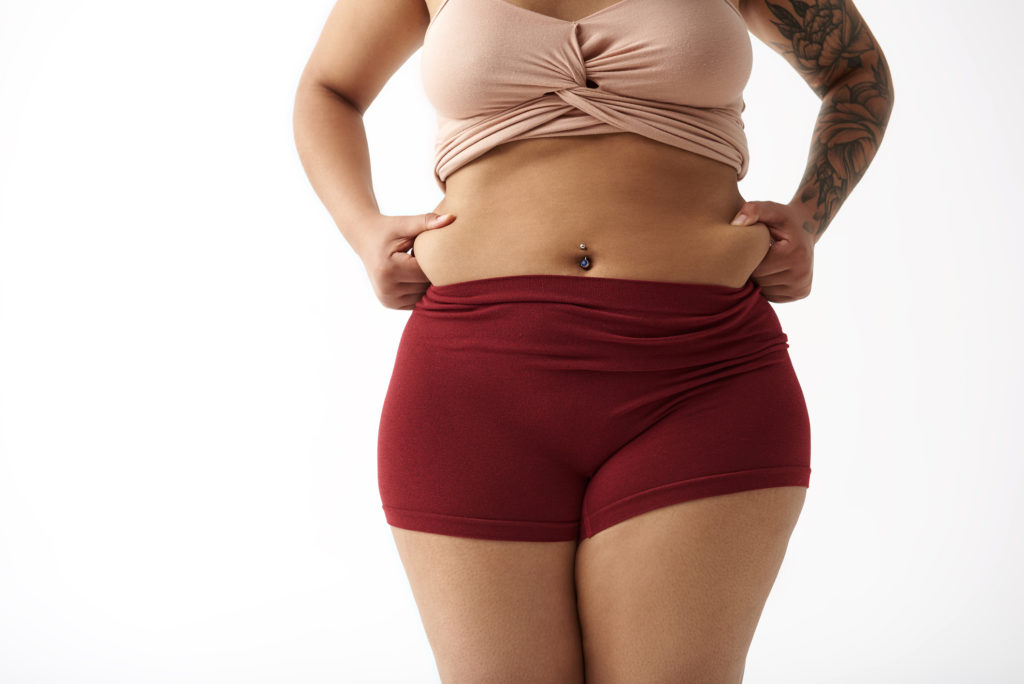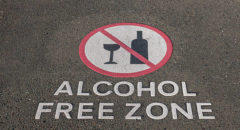
BDO - Dr. Nina:
I appreciate every single eye and every single question that tunes in on Friday at 12:00 PM and after the fact. So thank you. Thank you for being here. We are going to dive right into the subject because we got a whole lot to talk about. So let's go ahead and turn our attention to fat. So even though I already said that it's kind of the dieter's nemesis, the truth is dietary fat is not just about our waistlines. We actually need it. We need a certain amount of fat just to function. It has a ton of vital functions in the body ranging from energy storage, which we don't believe energy storage is calorie storage. Fat is actually energy storage. It's a primal mechanism to really reduce us, reduce our chances of starving. Dietary fat is the best anti-aging secret.
It's a primal mechanism to really reduce our chances of starving. So it does have a purpose in storing a certain amount of, for energy storage. We need it for insulation in many ways that keeps us warm. And we also needed to protect vital organs. In a previous show, we talked about belly fat and that visceral fat that surrounds all the organs. But the fact of the matter is a certain amount of that visceral fat is needed to protect those vital organs. And there are many, many other functions. Honestly, that's a whole show, all the functions of fact. So I won't dive into those too much, but I do want you to know another very important function that many people do not consider when it comes to eating fat, is that it helps the body absorb what are called the fat soluble vitamins. And these are vitamins, a D E and K. So look at it like this. If you eat foods, mainly whole foods, right? that are rich in vitamins, a D E and K, well, you won't properly, properly absorb those vitamins if you're not eating enough fat. So let's think about that. Like something like a leafy green vegetable, if you eat - put fat free dressing on it, say in a salad, you're not really going to absorb those nutrients in the leafy green vegetables.
So like I said, fat has a whole lot of important functions and that's just something I want you to really consider as we move into the shell. Now there are three essential facts that we need, and I'm sure you've heard about these triglycerides. Yes, we need a third amount of those, even though they're looked at as bad things, we need a certain amount of cholesterol. Fat has a whole lot of important functions and that's just something I want you to really consider as we move into the shell. Now there are three essential facts that we need, and I'm sure you've heard about these triglycerides. Yes, we need a third amount of those, even though they're looked at as bad things, we need a certain amount of cholesterol. Yes. All cholesterol. That's another thing that's viewed as bad and we do need a certain amount of it. And the other essential fatty acids. Now these are the ones that we're going to talk about today. And if you watch the promo for the show, these are your monounsaturated, your polyunsaturated, your saturated, your trans.
So there are two main types of fat naturally found in the foods we eat. You'll see saturated fats and you'll see unsaturated fats. All foods are comprised of some combination of both. Yes. All foods contain unsaturated and saturated fat. Plant-based foods too.
Foods containing mostly unsaturated fat are typically liquid at room temperature. These will be your olive oil and your canola oils. And really any of the oils that quote unquote have been viewed as healthy ( avocado oil) . We'll go through some more of them, but also know that foods largely comprised of saturated fats tend to be solid at room temperature. And this is your coconut oil. I know everyone has, I've used coconut oil when cooking or on your face or on your body or somewhere, it's like really a hot thing. But notice how coconut oil is solid, like, like lard used to be... like that Crisco stuff, you know, it's solid like that. And Palm oils as well. Saturated fats can be further classified.
So it goes even farther. You got your saturated, your unsaturated, and then your unsaturated goes into your mono- unsaturated fats, which some will call mofas muhfas. And you have your poly-unsaturated fats, which could be called puffahs or puhfas. So it doesn't end there. Then you have your omega threes and omega sixes that, that most polyunsaturated fats are divided into. That's a lot of that, isn't it? So besides these two, this is where it gets complicated. Besides these two broad classifications and the little classifications under them, there's a third type, which I'm sure you've heard of... trans fats. Now, anytime you've seen partially hydrogenated insert some derivative of it, that's a trans-fat. Now all these fats are what make us have good versus bad. So the good and the bad label is essentially related to the unique compositions of these saturated, unsaturated, and trans fat.
Saturated fats are really a combination of different fats. These have long been known to protect against heart disease, diabetes, and various cancers for two reasons. One the chemical structure. So basically how they move through the arteries because they're liquids. Also the combination of vital nutrients, which are the plant-based nutrients.
All polyunsaturated fats are inherently good when there's good balance in your diet.
My six key takeaways before we move into successful aging. Combine every single fatty food you eat with veggies and fruits. Again, that goes with helping your body kind of unleash all of those yummy micronutrients that's housed in those foods. So always combine fats with a veggie or a fruit. for your mono and poly more Omega 3’s. Remember that because if you're eating more major threes, you're sure to have a good ratio. So about three to four daily servings of those is where you want to be seafood and poultry. You want to be at about two to three daily servings of those. And I added poultry because you may get some different kinds of fat in there. So a combination of those, but know that that seafood is going to give you those omega three. Whole eggs. You can eat up to four to five daily servings. You can eat unlimited whites. Those are just proteins, but the good stuff is in the yolk.
So eating good fats has those two purposes. Those good fats make us age more successfully, more beautifully. Why do you think you're always seeing, you know, some sort of fat-like product product in some of those face creams and those products, those anti-aging products. That's why, because fat in that case is a good thing and fat will help us age successfully. We need our fat to age successfully and be healthy.
So I want to encourage you to choose your fat wisely, but eat it and enjoy it because besides the fact that it comes with all these health benefits, it just makes stuff taste good. Would you agree that it just makes stuff tastes good? And it also has satiating effects on the body. It helps us feel fuller sooner and for longer periods of time. So that about wraps up all I have to say about dietary fat. I hope you learned something good.
For more, watch the rest of the Facebook Live at https://www.facebook.com/BlackDoctor.org









